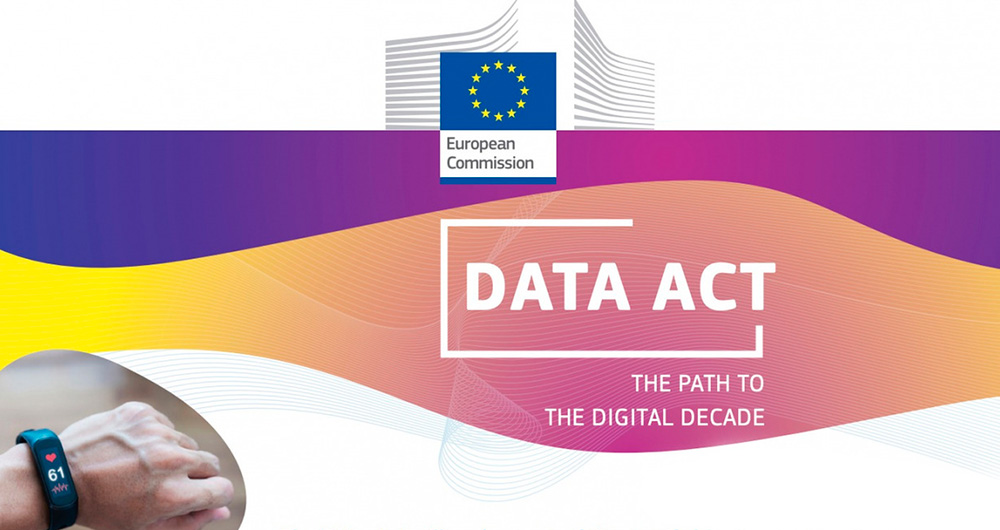6 posts found
Traditional AI vs Generative AI: Understanding Their Differences
Artificial intelligence (AI) has become a central technology in people's lives and in the strategy of companies. In just over a decade, we've gone from interacting with virtual assistants that understood simple commands, to seeing systems capable of writing entire reports, creating hyper-realistic i…
Applications of artificial intelligence in professional sports
Sport has always been characterized by generating a lot of data, statistics, graphs... But accumulating figures is not enough. It is necessary to analyze the data, draw conclusions and make decisions based on it. The advantages of sharing data in this sector go beyond mere sports, having a positive…
The benefits of sharing sport-related data
In the digital age, data has become an invaluable tool in almost all areas of society, and the world of sport is no exception. The availability of data related to this field can have a positive impact on the promotion of health and wellbeing, as well as on the improvement of physical performance of…
Data policies that foster innovation
The importance of data in today's society and economy is no longer in doubt. Data is now present in virtually every aspect of our lives. This is why more and more countries have been incorporating specific data-related regulations into their policies: whether they relate to personal, busin…
User access to data from connected products and related services in the new European Data Regulation ( Data Act)
The adoption of the Regulation (EU) of the European Parliament and of the Council of 13 December 2023 on harmonised rules for fair access to and use of data (Data Law) is an important step forward in the regulation of the European Union to facilitate data accessibility. This is an initiative already…
Data Act, a new initiative in the framework of the European Data Strategy
Updated 02/29/24
At the end of 2021, an agreement was reached between the European Parliament and Member States to push forward the proposed Data Governance Act. The aim was to create processes and structures to facilitate the exchange of data between all relevant actors.
Shortly thereafter, it was…





